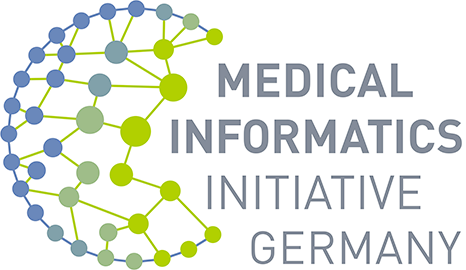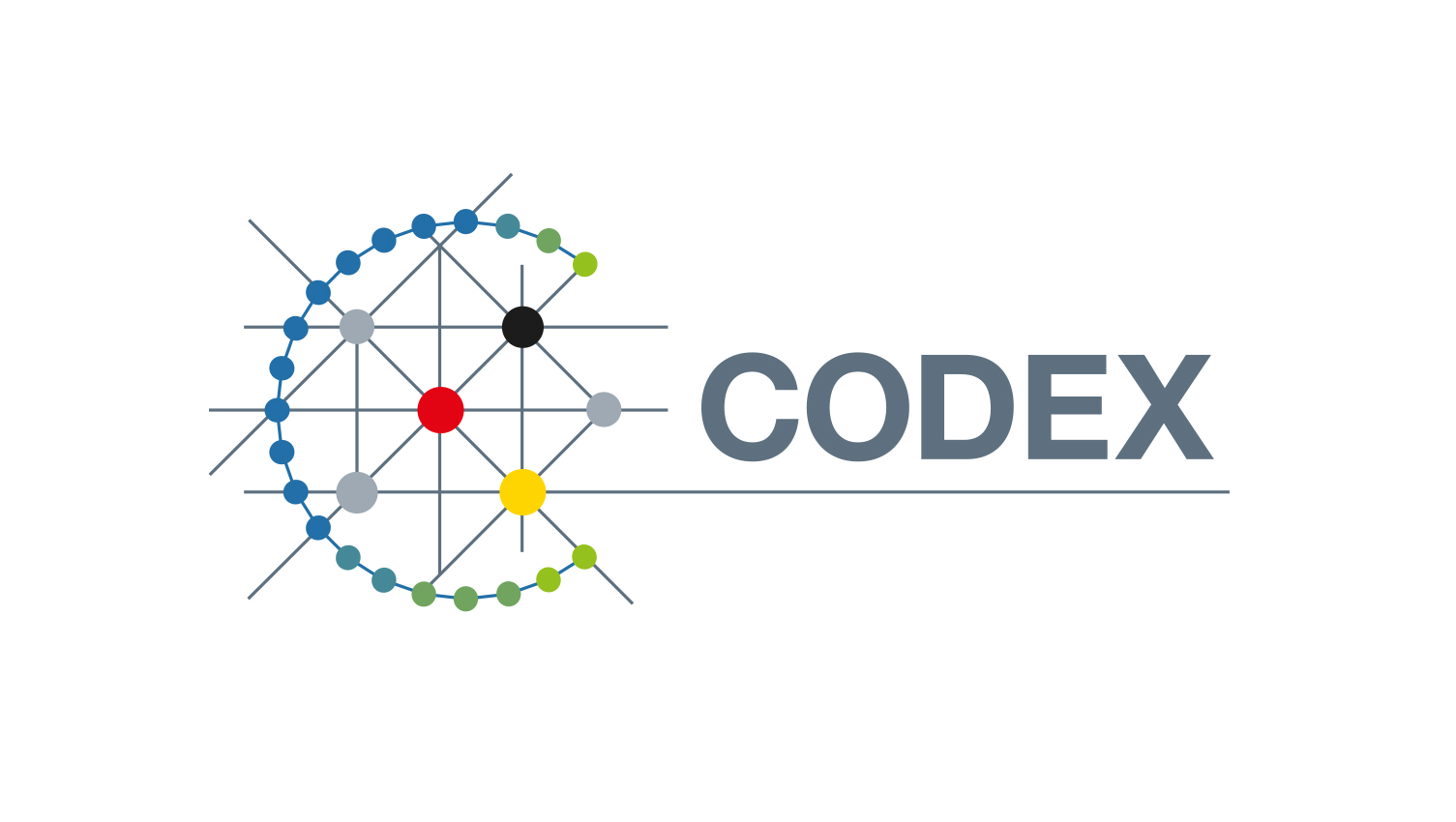Berlin, 15/12/2021. The CODEX project (COVID-19 Data Exchange Platform) successfully completed the development of a data platform for COVID-19 research. This was reported yesterday by representatives of the CODEX steering committee during an online event. The data platform will enable researchers to make groundbreaking scientific evaluations of COVID-19 based on real-world data, for example regarding the use and success of therapies and drugs. Launched in August 2020, the project is a central component of the German Network of University Medicine (NUM) provided with 150 million euros in funds by the German Federal Ministry of Education and Research (BMBF).
The CODEX data infrastructure consists of a decentralised component and a centralised component. The decentralised infrastructure is based on data integration centres that have been established at 29 university hospitals nationwide as part of the Medical Informatics Initiative (MII).
"The extensive technical and legal groundwork done by the Medical Informatics Initiative, especially the data integration centres, is vitally important for the COVID-19 research data platform”, says Sebastian C. Semler, one of the two CODEX overall project managers, head of the MII Coordination Office and TMF Managing Director.
Based on the decentralised infrastructure of the Medical Informatics Initiative
During the CODEX project, the successfully established decentralised research data infrastructure of the MII was expanded to include a platform that enables researchers to centrally analyse complex COVID-19 datasets taken from various sources. This will make it possible to compile data from university hospitals, from municipal hospitals, from outpatient care, from health offices and data collected directly from citizens via apps. One of the fundamental principles of central data use is obtaining the consent of the patients concerned.
“A distinctive feature of this project is collaboration within the research community and how they exploit synergies to provide data for COVID-19 research across the boundaries of individual clinics and sites. Three scientific studies have already been carried out across different sites based on this data", says Prof. Hans-Ulrich Prokosch from the University of Erlangen–Nuremberg, who is coordinating the development of the decentralised components of the CODEX platform.
"CODEX makes an important contribution to the infrastructure of real-world data. It provides physicians and decision-makers in the health care system with up-to-date, treatment-relevant or decision-relevant data regarding COVID-19 every day. The platform will contribute to a better understanding of COVID-19 and serve as a basis for political decisions", added Prof. Roland Eils, Centre for Digital Health, Berlin Institute of Health (BIH) and Charité, who is coordinating the development of the central CODEX platform.
Legal and technical foundations laid
"We have seen that the challenges we face when setting up a data infrastructure of this kind are not primarily technical. Instead they are caused by introducing new processes rapidly at university hospitals, which are already overburdened by the pandemic. These new processes could include obtaining patient consent or collecting additional information, for example", sums up Semler. This makes it all the more important to develop the infrastructure consistently and systematically in good time to be better prepared for the next pandemic.
The GECCO dataset was developed at NUM to record COVID-19-relevant research data in a standardised manner. This includes, for example, demographic data, measurement data such as blood pressure or laboratory values, risk factors, data on the use of medication and even symptoms and therapy methods. GECCO allows such data to be processed in an interoperable manner. The dataset is based on the MII core dataset. It uses the HL7 FHIR standard for data structures and SNOMED CT and LOINC terminologies. Twenty-two sites have already entered a total of over 16,000 GECCO records into CODEX via their IT systems. These are now available for decentralised feasibility queries. Twelve sites can also already deliver GECCO patient records to the central CODEX platform if they have prior patient consent.
CODEX will be further developed next year within NUM financed by the BMBF. Operation and expansion of the infrastructure will also continue to be funded until 2024 in a follow-up project.
More information:
Press contact:
Sophie Haderer, Tel.: +49 30 − 22 00 24 732, E-Mail: presse@tmf-ev.de
Background:
The aim of the Medical Informatics Initiative (MII) is to improve research opportunities and patient care through innovative IT solutions. These should enable the exchange and use of data from patient care, clinical and biomedical research across the boundaries of institutions and locations. The Federal Ministry of Education and Research (BMBF) is funding the MII with around 180 million euros until 2022.
In the four consortia DIFUTURE, HiGHmed, MIRACUM and SMITH, all university medicine institutions in Germany at over 30 locations are working together with research institutions, companies, health insurance companies and patient representatives to develop the general conditions so that findings from research can reach patients directly. Data protection and data security are top priorities.
A coordination office operated by TMF - Technology, Methods and Infrastructure for Networked Medical Research with the German Association of Medical Faculties (MFT) and the German Association of Academic Medical Centers (VUD) in Berlin is responsible for the national coordination of the MII.


